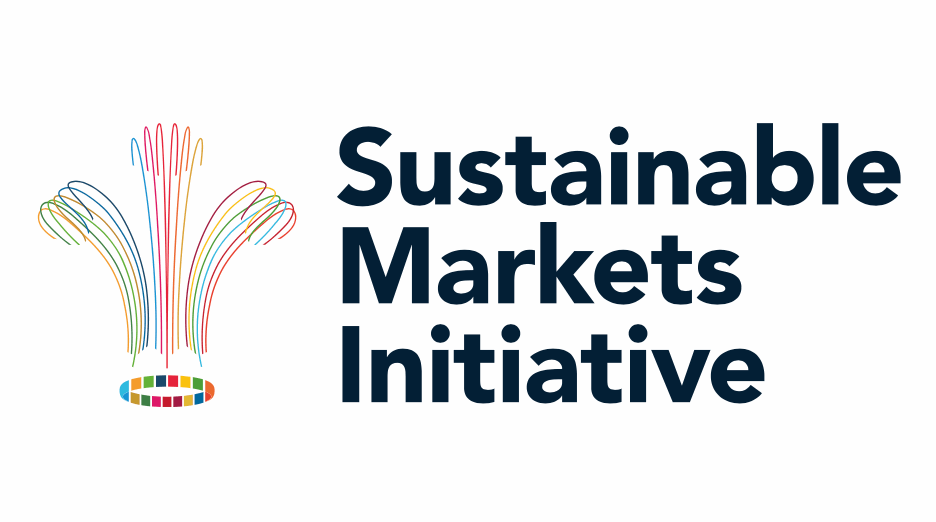The Insurance Task Force (ITF), an initiative working as part of His Royal Highness The Prince of Wales’ Sustainable Markets Initiative (SMI), is exploring the potential for catastrophe bonds to play a role in a resilience focused Kenyan agricultural insurance solutions to cover drought risks.
 The ITF has published a new Disaster Resilience Framework for Climate-Vulnerable Countries, through which it is trying to demonstrate the opportunity for public and private capital sources to work alongside insurance and reinsurance to “reengineer and drastically improve disaster resilience in low- to middle-income countries who are most at risk from climate-exacerbated extreme weather events.”
The ITF has published a new Disaster Resilience Framework for Climate-Vulnerable Countries, through which it is trying to demonstrate the opportunity for public and private capital sources to work alongside insurance and reinsurance to “reengineer and drastically improve disaster resilience in low- to middle-income countries who are most at risk from climate-exacerbated extreme weather events.”
The idea, like so many current industry-led initiatives, is to create ” large scale, repeatable, efficient and high impact physical, economic and humanitarian financing and risk mitigation solutions for climate-vulnerable developing countries,” the ITF explained.
With a focus on climate-exacerbated catastrophe and weather perils, such as drought, flooding tropical cyclones, convection storms and wildfire, the framework lays out potential ways funding, risk understanding, mitigation and risk resilience measures can be tied and delivered to boost developing nations protection from the damage caused by climate linked weather and catastrophes.
A pilot project is already underway, that sees the SMI Insurance Workstream engaging with agencies in Kenya on potential solutions to protect the countries agriculture system against perils like drought and floods.
Part of this is looking at ways to mobilise private capital, alongside insurance and reinsurance expertise, but importantly with a resilience angle as well.
As you might expect, insurance-linked securities (ILS) and capital markets risk transfer techniques are part of the mix being discussed.
Specifically, the pilot in Kenya is looking at the potential for drought catastrophe bonds to be developed, with the help of insurance and reinsurance market participants.
This concept would see the Kenyan government paying a coupon for a catastrophe bond covering drought risk, which would payout should certain drought conditions occur.
But in this case the insurance mechanism, the catastrophe bond, would see the coupon reduce if resilience measures are put in place.
This concept has been widely discussed and researched before, as the resilience bond, where as resilience to the risk covered by the bond is raised, so the risk lowered, the coupon or premium paid for the coverage would be reduced in-line with the increased resilience levels.
The pilot in Kenya is also exploring crop or livestock insurance mechanisms tied to an impact investment bond, so the government could use the principal to finance resilience initiatives among smallholders.
While any risk reduction achieved would then be passed on as a benefit in terms of reduced insurance premiums.
We’ve also seen similar in catastrophe bonds, where the collateral is put to work in or to fund specific projects that are development or ESG focused, as in some of the World Bank cat bonds and the recent so-called green catastrophe bond sponsored by Generali.
It’s encouraging to see concepts like this being explored, as it certainly seems that securitisation techniques and ILS business models are one of the best ways to tie in risk protection with resilience, while mobilising private capital at scale for climate related issues.
Commenting on the launch of the framework, Dominic Christian, Global Chairman, Aon Reinsurance Solutions and Chairman ClimateWise, said, “It is our great honour to be part of an industry collaboration that provides a practical and immediate solution to the needs of so many in low- to middle-income countries. This framework brings focus to an urgent opportunity for public-private partnerships to support developing countries in their ability to finance, manage and build greater resilience in the face of increasing extreme weather events that bring long-term, devastating impacts to their communities and economy.”
Joachim Wenning, Chair of the Board of Management of Munich Re, added, “Unlike industrialised countries, in developing and emerging countries the share of economic losses from natural catastrophes that are not covered by financial risk-transfer solutions remains well above 90%. But for highly vulnerable people in these regions especially, resilience against ever-greater weather risks is crucial for creating long-lasting prosperity. The Insurance Taskforce of the Sustainable Markets Initiative has put forward a framework to this end, which can form the basis for new public-private partnerships to support the Sustainable Development Goals defined by the United Nations.”
Bruce Carnegie-Brown, Chair of SMI Insurance Task Force and Lloyd’s, also said, “The global insurance industry has a crucial role to play alongside private finance, international donors and sovereign agencies in addressing the needs of developing countries. This framework creates a vital opportunity for low- to middle-income countries to build resilience against increasingly frequent and severe weather risks, as well as driving sustainable societal and economic recovery post-disaster.”
 View all of our Artemis Live video interviews and subscribe to our podcast.
View all of our Artemis Live video interviews and subscribe to our podcast.
All of our Artemis Live insurance-linked securities (ILS), catastrophe bonds and reinsurance video content and video interviews can be accessed online.
Our Artemis Live podcast can be subscribed to using the typical podcast services providers, including Apple, Google, Spotify and more.































